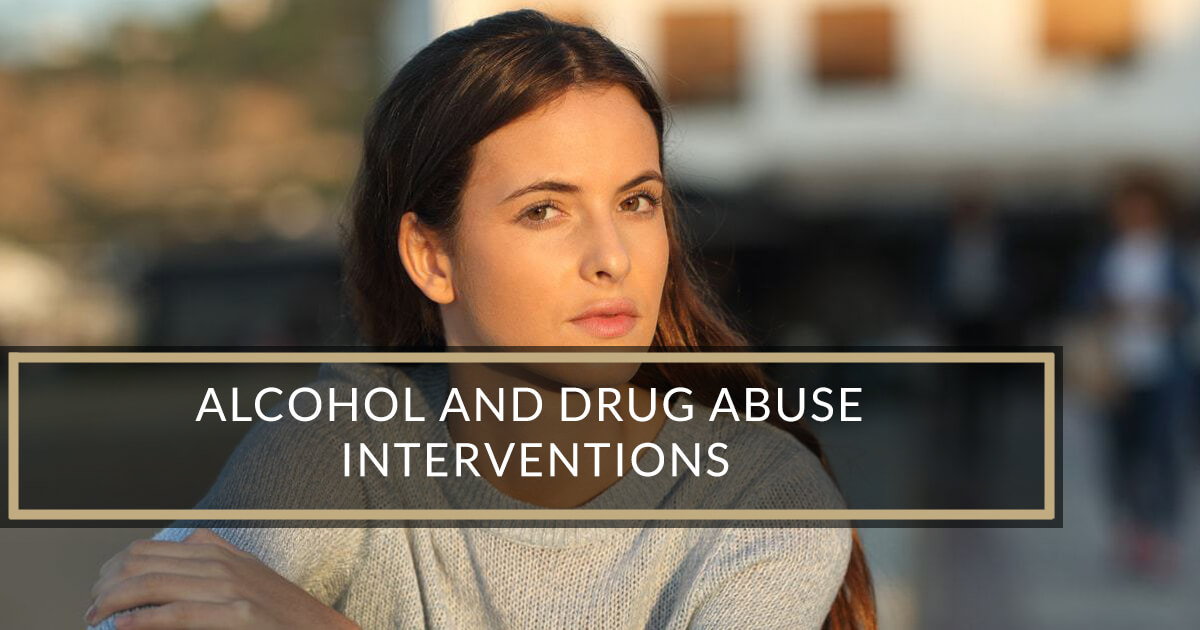If you’ve arrived on this page, it’s very likely that someone you love is struggling with substance use issues. You’re not alone. A 2017 Pew Research Center survey found that one in eight adults in the US suffer from Alcohol Use Disorder, while almost 50 per cent said that someone close to them was battling an addiction to drugs. You may have reached the point where you’ve begged a friend or family member to seek professional help, only to be rebuffed. It can be very difficult for someone to take the first step.
Many people feel that they are powerless to persuade a person they care about to seek help. There’s a common assumption that the addicted person will only recover when they hit some notional “rock bottom,” be it homelessness, police involvement, or a serious health crisis. This is erroneous. The sooner you address the issue, the better.
Before you raise this difficult subject, prepare yourself for the discussion by researching rehab. You will be able to approach the topic more calmly and have answers for your loved one’s objections. Learn what rehab is, what detox is, and the different kinds of programs available.
Alcohol and drug abuse interventions
It can be helpful to stage a drug or alcohol intervention. This is a group meeting where friends and family of the addiction sufferer gather together and attempt to persuade them to get help. You need to prepare carefully in advance. Everyone needs to be focused on the same goal: to get the addiction sufferer the help and care they need. Meeting together ahead of time to practice what you’re all going to say is a good idea.
When approaching someone about their addiction, whether on your own or as part of a group intervention, having evidence to hand can be useful. Many people who are in the grip of an addiction aren’t fully aware of what they’re doing. Evidence could consist of things like emails, voicemails, video or photographs of the person and how they behave when under the influence. Just seeing how they conduct themselves when they’ve consumed their substance of choice may make some addicts more willing to seek help.
Can you force someone into rehab?
If the person is an adult, it can be difficult to make them go to rehab. Rehab may be ordered by the courts if the person commits a crime; otherwise, it typically has to be their choice. Be persistent. Many sufferers of addiction are initially highly resistant to seeking help and may respond with hostility. Gentle tenacity, however, can wear down this resistance. There may be periods when a person happens to be more receptive to good advice, particularly when they’re using less of their drug of choice.
It can be very challenging to convince someone to go to rehab, especially if you’ve made similar attempts in the past and they have been rebuffed. You may feel as if you were somehow responsible for their refusal to seek help or to comply with a program. It’s important to exercise self-compassion and to understand that there’s only so much you can do. In the end, the person you’re trying to support has to choose to seek recovery. When they do, there are caring professional rehab services that can help.








